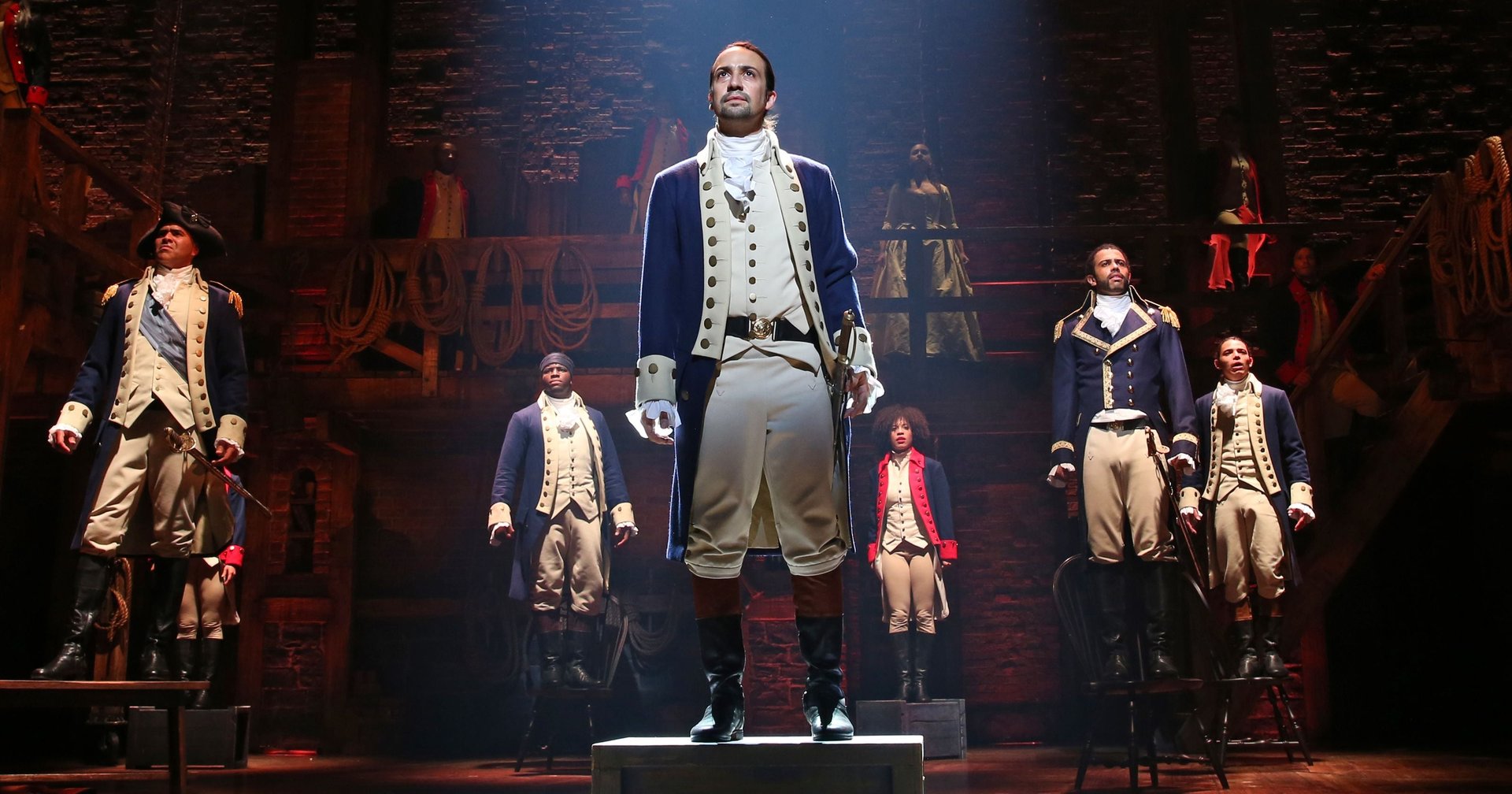The “Hamilton” controversy is a reminder that we don’t have to respect politicians who don’t respect us
Mike Pence had an eventful trip to the theater on Friday night.


Mike Pence had an eventful trip to the theater on Friday night.
After watching a performance of Lin-Manuel Miranda’s hit broadway musical Hamilton, Pence was ushered out into the lobby while actor Brandon Victor Dixon gave a rousing speech to the remaining audience about his fears for a Trump administration. Pence was both booed during this speech and as he entered his seat at the beginning of the performance.
Chaos ensued. Depending on who you ask, the Hamilton fracas is either a vital demonstration of free speech against an administration already exhibiting troubling authoritarian behavior, or an exercise in distracting people’s attention from far more serious matters like president-elect Trump’s immense conflicts of interest, the flood of foreign diplomats into his hotel chain or his $25 million fraud settlement with aggrieved students of Trump University.
But the most interesting aspect of the controversy is the apparent necessity of showing “respect” in political debate, especially when speaking with people who hold high office.
Conservative commentators and some public figures have accused the cast of Hamilton of showing disrespect by addressing Pence directly as he sat in the audience. Fox News host Jeanine Pirro called the cast’s actions “outrageous and embarrassing” and Republican figure Newt Gingrich attacked the cast’s “arrogance and hostility.” The #boycotthamilton hashtag began trending on Twitter. Pence has also received unlikely support from journalists such as the New York Times’ Dave Itzkoff and Maggie Haberman, who wrote that the crowd’s booing indicated “a level of disrespect” unsuitably directed to someone of Pence’s office. (Itzkoff later recanted his criticism.) And then, of course, there’s Trump himself:
On the other side, many have reminded Trump of the First Amendment’s guarantee of the right to free speech. And in a classic good cop/bad cop routine, Pence himself has even come out to say that the rowdy crowd was “what freedom sounds like.”
With Trump and Pence in the White House, the argument that political protestors must always show respect for high office has been exposed as toxic. There is a puzzling double standard in demanding that people show respect to an offensive president and vice president. People should be under no obligation to show consideration toward a state apparatus that has no interest in reciprocating that respect. Yet the insistence of “respecting” somebody because of their position of authority comes up far more often in American politics than it should.
The institutions of US politics could do with a good dose of ridicule to cut them down to size. Serving those in power a helping of scorn from time to time keeps things on a level playing field; it reminds politicians and the public that the former serve at the pleasure of the latter.
Americans can find inspiration for this mindset overseas. Other English-speaking democracies are rich in examples of people disrespecting their elected officials, even ones in the highest offices. The morning after the Brexit vote, UK foreign secretary and pro-Brexit campaign leader Boris Johnson was booed and mocked by a crowd as he left his home. Former Australian Prime Minister Tony Abbott has spent his public life getting booed by entire stadiums, branded a “wanker” by passing motorists, and called a “dickhead” in the supermarket. In Germany, one politician was hit in the face with a cream pie, and in a spectacular case in New Zealand, a dildo.
One of the most forceful arguments for doing away with American deference to power comes from the country’s own experience. Stephen Colbert’s White House correspondent’s dinner speech in 2006 was arguably the most flagrant act of political disrespect in modern history. The speech was an astonishing example of democracy at work; a taste of the contempt the Bush administration and America’s pliant media so richly deserved post-Iraq, but until then had avoided.
Administration officials stormed out. Establishment media outlets ignored it in their coverage of the dinner. President George W. Bush himself was visibly livid, although he restrained himself from public criticism in a manner Trump seems incapable of.
Staying silent about a politician’s mistakes or bad policies out of “respect” for their office stops citizens from calling them out for their behavior and muzzles the criticisms that those in power need to hear. Deference to Bush’s office is what kept journalists from doing their job in 2003. Deference to Trump’s office could see even grosser injustices waved through by those supposed to hold the powerful to account.
Whether it’s in a theater, in the White House press briefing room, or on the streets, civility is overrated. The time for playing nice is over.